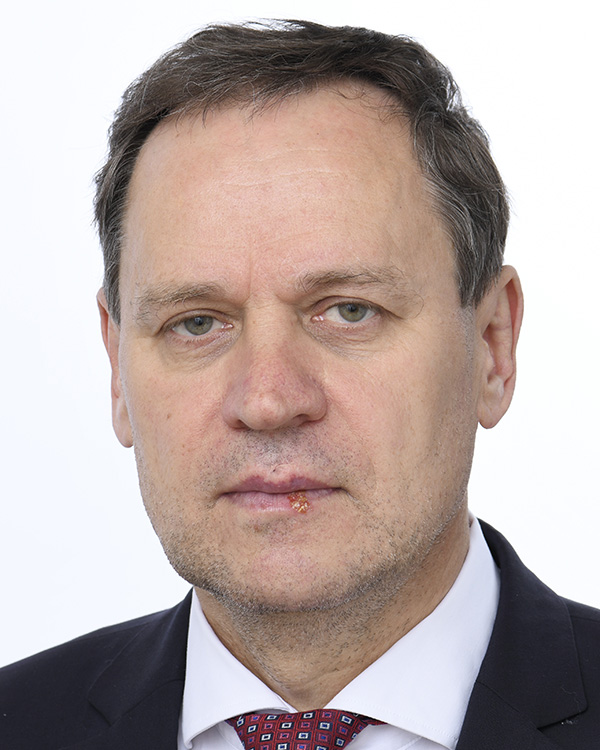
Choisissez la langue de votre document :
- bg - български
- es - español
- cs - čeština
- da - dansk
- de - Deutsch
- et - eesti keel
- el - ελληνικά
- en - English
- fr - français
- ga - Gaeilge
- hr - hrvatski
- it - italiano
- lv - latviešu valoda
- lt - lietuvių kalba
- hu - magyar
- mt - Malti
- nl - Nederlands
- pl - polski
- pt - português
- ro - română
- sk - slovenčina
- sl - slovenščina
- fi - suomi
- sv - svenska
|
| Processo : 2019/2111(INI) |
| Ciclo relativo ao documento : A9-0016/2019 | ||||||
Textos apresentados : A9-0016/2019 | Debates : PV 10/10/2019 - 3CRE 10/10/2019 - 3 | Votação : PV 10/10/2019 - 8.12CRE 10/10/2019 - 8.12 Declarações de voto | Textos aprovados : P9_TA(2019)0033 | |||
| Relato integral dos debates |
|
|
| Quinta-feira, 10 de Outubro de 2019 - Bruxelas |
|
| Última actualização: 28 de Janeiro de 2020 | Aviso legal - Política de privacidade |


































